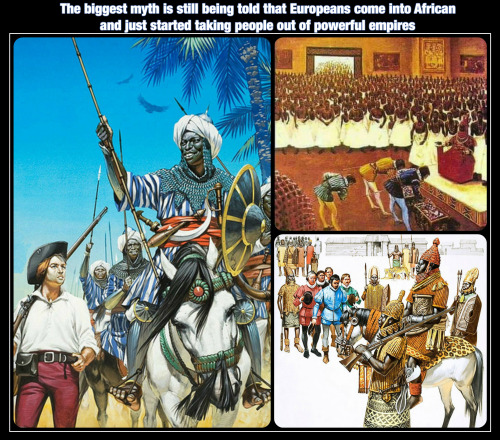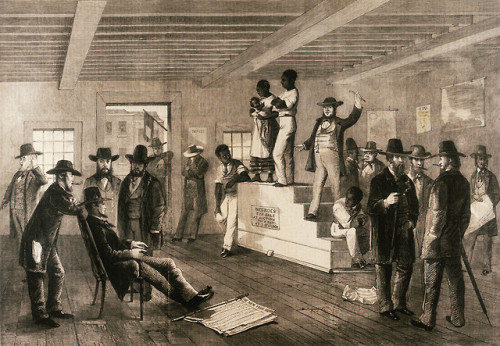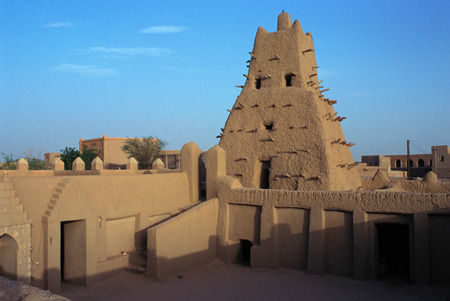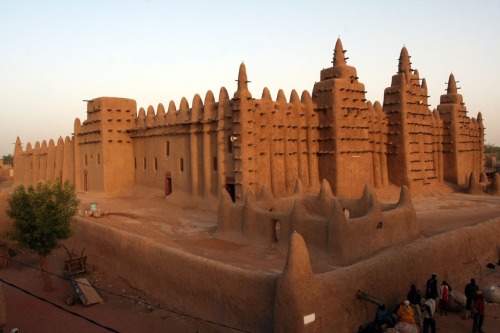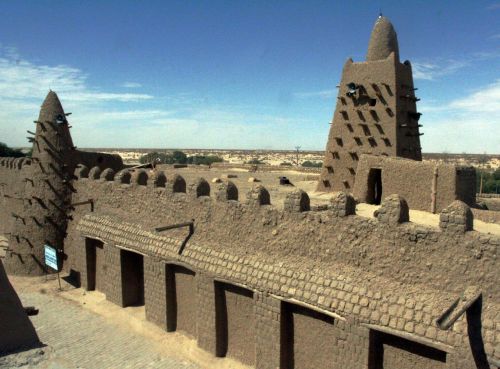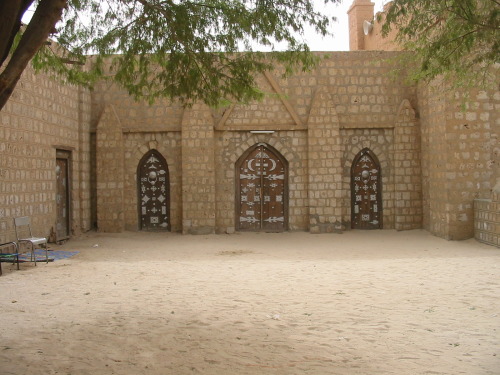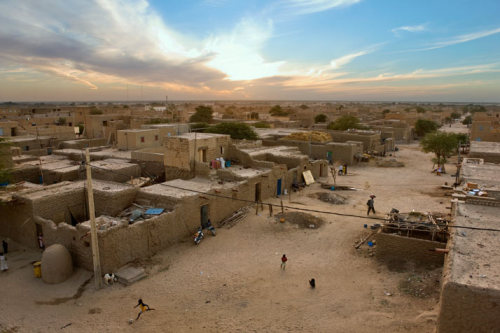#slave trade
Traces of the Trade: a Story from the Deep North
A Maroon village on the Suriname River. Maroons were escaped slaves who founded towns and villages, continuing to live the way they did in Africa.
Post link
I won’t even caption this one cause it’s self-explanatory. Not even animals should ever be treated like this.
Credits to: Anarchist People of Color
Post link
I fully expect this to be the one and only post I ever do about Amber Rose.
Occasionally, Amber Rose surfaces in pop-culture as a trending topic. I don’t look into her often, but when I do usually I understand where she’s coming from, if not agree with the point she’s trying to make.
Recently, Kanye West called her into a twitter-fight between himself and Wiz Khalifa–and she shut it down entirely. And as amusing as that is and no matter how much I identify with the things she said and does – there’s one thing about her that bothers me.
Amber Rose has repeatedly denied being a black woman. “Portuguese, Scottish, Italian and Irish“ or more often, “Cape Verdean.”
Yet she clearly appears to have features heavily associated with blackness: full lips, an olive complexion (relatively common in black people), a thick, very curvy body, and a large round butt. The icing on the cake: she has an African mom. She still says, “I’m not black.”
Many of the descriptors she uses for herself are nationalities that do not define her race. It’s as if stating countries which a possess white populations and/or have substantial European influence is a free pass on blackness – As if black people didn’t live in Portugal, Scotland, Ireland or Cape Verde. As if her mom didn’t wasn’t African.
But rest assured: her mother is African and she is brown-skinned.

Cape Verde, where Amber Rose’s mother is from, is an island off the coast of Western Africa. It’s an African Country. Africans have been there since the Portuguese trafficked African (black) slaves from the African continent in 1456.

And because of the heavy European influence and racial mixing in Cape Verde, they’re considered a mixed people – And According to Amber Rose, she views herself as Creole:
“With my family, they feel like they’re more superior or better than an African American because we’re Creole and we have culture and that’s something I battle with most of my life.” (source)
Amber Rose was born and raised in America. Her mother is a brown-skinned (black) African woman, she has a white father (Irish and Italian descent), and because she has light skin, she has people defending her as non-black.
“I do not consider myself a black women, absolutely not. [I consider myself] biracial.”
In the United States (and many other places), any black ancestry easily qualifies a person as black – especially if that person is not white passing and especially if that person has an African mother. Amber Rose is not white passing. Her mother is African. She openly participates in black culture. And still, she hesitates to even use the descriptor “black” in reference to herself. In every interview I’ve found and every quote, she is quick to claim her white ancestry but does not even utter “black” or “African.”
She denies it.
Personal account of being enslaved by Ottobah Cugoano ‘Thoughts and sentiments on the evil and wicked traffic of the slavery and of the commerce of the human species’(1787):
“Many of my miserable countrymen chained two and two, some hand-cuffed, and some with their hands tied behind … I was soon conducted to a prison, for three days, where I heard the groans and cries of many … When a vessel arrived to conduct us away to the ship, it was a most horrible scene; there was nothing to be heard but the rattling of chains, smacking of whips, and the groans and cries of our fellow-men. Some would not stir from the ground, when they were lashed and beat in the most horrible manner … When we were put into the ship, we saw several black merchants coming on board, but we were all drove into our holes and not suffered to speak to any of them. In this situation we continued several days in sight of our native land”
He arrived in the Caribbean after this arduous journey and was set to work in Grenada until he was purchased by and Englishman, taken to England in 1772, and later obtained his freedom.
Post link
Timbuktu (Mali, Africa) was an important center for trade and islamic culture between the 13. and 16. century. The city became rich through the trade with salt and gold and one of the first universities in world history was founded here. Since no stones could be burned, buildings and houses were built of clay, which also require restoration after every rain. The slave trade is on of the darker chapters in Timbuktus long history since the city was an important base in Western Africa.
Post link

